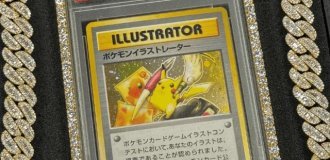What people get vacation for in Japan and why it's wrong (6 photos)
Japan is famous for its overtime culture, and it is also considered shameful to take a vacation. What, all of it!? – the Japanese will ask you. It seems even more surprising that a Tokyo company actually gives vacations and even forces you to take them if… 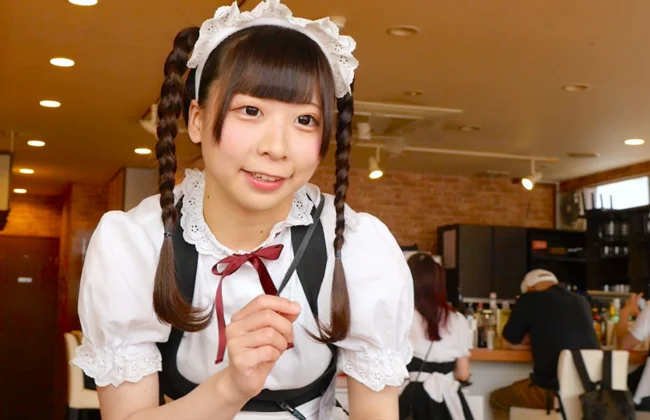
Your favorite idol is leaving the stage.
How idol vacation works
According to the new vacation system of the Hiroro company, employees can take up to 10 paid days off when their favorite idol gets married. They are also entitled to 10 days of bereavement leave, which is usually taken for the death of a relative, if their idol retires.
But is it possible to be a fan of everyone and not show up for work at all? Everything is thought out here! 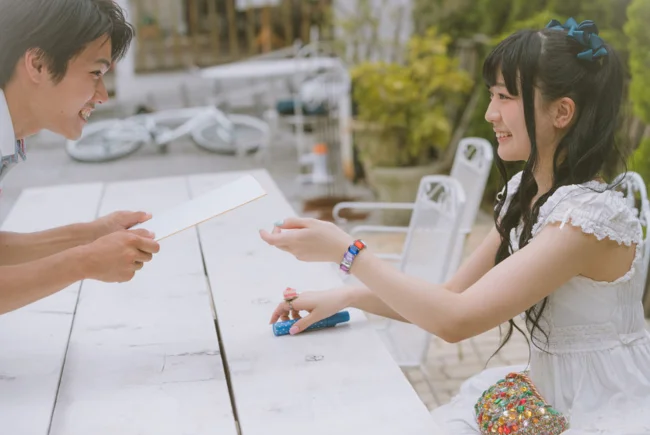
A typical photo shoot, which you are only allowed to attend if you bought the disc
If the second or even third idol in a row leaves the stage, employees can take up to three days off. This is quite a departure from the norm in corporate Japan, which does not even have a normal sick leave system.
The culture of idol worship
Japan has a very special attitude towards fandom. It is normal to arrange paid photo sessions where a fan can shake hands, read - touch - their idol, paying for it by buying a "platinum disc". But in essence, everyone understands that this is trading touches and personal meetings. 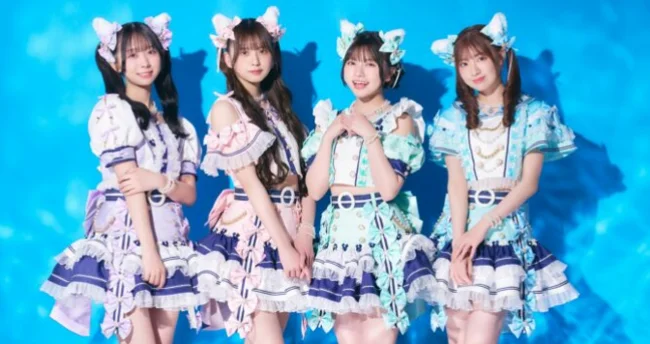
Dressing idols in almost identical outfits with small differences is a bright trend in Asian pop culture
And if hundreds of thousands of people are ready to pay for this, then their emotional state is really bad. Therefore, it is logical that many people really cry if their idol suddenly announces that he is leaving show business and will never perform again. People really do have breakdowns.
So such a vacation can really be considered as caring for people.
Moreover, an idol in Japan often does not mean that he is a star. It can be a very popular "star" maid girl from a maid cafe, or a girl from a third-rate group. 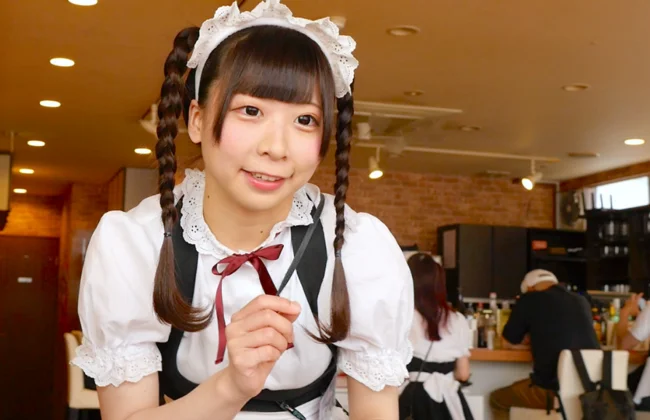
A maid girl can become a "neighborhood" idol
As soon as she has a small group of fans - she is an idol. Although her salary may be less than that of a cashier in a supermarket. After all, there are a lot of these cutie girls in the industry.
In addition to the industry of large J-pop projects that we see, where girls in similar dresses dance to something squeaky, there is a whole layer of "regional" stars that a foreigner will never know about. But you can go to a cafe with such a star and feel closer. This is a form of legalized stalking. 
A rare photo of an idol group dressed like adult women
And when an idol retires, following and stalking her is no longer legal. Anyone would be upset! The Japanese, with all their oddities, are very law-abiding, if you can't do it, you can't do it.
Is being an otaku bad?
Fan culture is otaku culture, and it concerns not only anime, but mostly even pop stars. And in Japan it is supposedly condemned. But on the other hand, multi-million dollar businesses of music companies are built on it, and they themselves indulge unhealthy trends, selling, for example, hairpins from the heads of their idols. 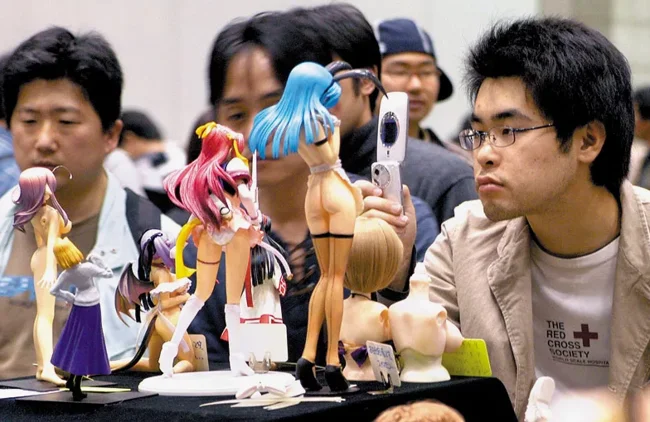
Many stereotypes about otaku are PURE TRUTH
And such a vacation for those who are traumatized by the fact that another girl leaves the stage - this is another indulgence in the unhealthy culture of fandom. No one's exit from the stage should make a healthy person go into hysterics.
So from the outside it looks funny and caring, but if you think about the social background - it's just awful. What do you think?





